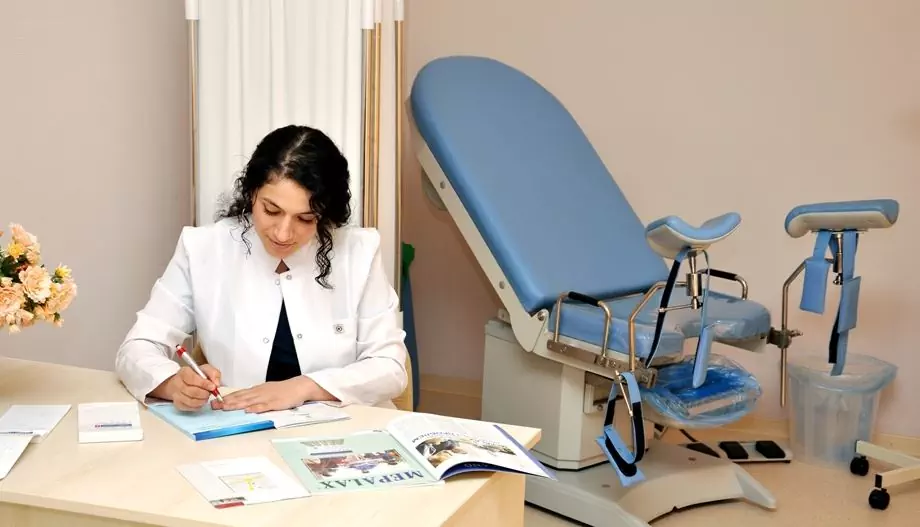- Author Rachel Wainwright wainwright@abchealthonline.com.
- Public 2023-12-15 07:39.
- Last modified 2025-11-02 20:14.
Psychiatrist
A psychiatrist is a specialist with a scientific outlook and special medical training. He assists patients with mental, personality and behavioral disorders.

Psychiatrist's rights and obligations
Special medical training gives a psychiatrist the right to diagnose, treat, examine, take measures for the rehabilitation and prevention of mental disorders of various origins. A psychiatrist has the right to consult and treat mentally ill and mentally healthy patients, as well as to determine the degree of their legal capacity and mental health. The doctor cannot conduct an examination without the written consent of the patient. He must encrypt the diagnosis and document all observations. If the psychiatrist considers the patient to be dangerous to others, then he has every right to forcibly hospitalize him. A psychiatrist has the right to treat and observe patients in a hospital setting. A child psychiatrist must be able to find an approach to any child.
The term of training for a doctor in this specialty is seven to eight years. Six years are spent in a higher educational institution and one or two years for obtaining a specialization.
This profession requires serious awareness in all sorts of areas of expertise. A modern psychiatrist must know the clinical manifestations of a psychiatric disorder, the specifics of neurological and somatic manifestations in this or that mental illness, as well as master the basic methods of psychotherapy.
A psychiatrist can only be a person erudite in the field of philosophy, theology and psychology. A doctor of this specialty must have high spiritual and moral qualities.
Psychiatrist appointment
The psychiatrist treats depressive disorders, mental illness in a chronic form, bipolar illness (alternation of depression and manias), anxiety, phobias, obsessions, neurotic disorders. This doctor also treats behavioral disorders (psychopathies, severe), sexual disorders, specific mental disorders in old age, the consequences of traumatic brain injury.
An appointment with a psychiatrist should be made in case of depression, frequent self-accusations, sleep disturbances, changes in appetite, impaired perception, increased fatigue during normal intellectual or physical exertion, in the presence of thoughts of suicide, helplessness, and also in case of addiction to drugs or alcohol.
The initial conversation between the doctor and the patient lasts about an hour and a half. The psychiatrist at the reception attentively listens to the patient's complaints, observes his behavior, studies feelings, conducts all the necessary research. The psychiatrist's questions are aimed at clarifying and clarifying the diagnosis. The psychiatrist can also ask questions of interest to the patient's immediate family. To confirm and clarify the preliminary diagnosis, the doctor usually prescribes additional research methods. Most often, the doctor prescribes biochemical, hormonal and neurophysiological studies, as well as studies of the vascular, digestive and other body systems. In some cases, cerebrospinal fluid analysis and tomography are prescribed.
Based on the results of the examination, the psychiatrist makes a diagnosis and prescribes treatment. In treatment, the doctor can use elements of existential therapy, behavioral therapy, as well as Ericksonian hypnosis and psychoanalysis.
Child psychiatrist consultation
A child psychiatrist is a specialist in the diagnosis, treatment and prevention of mental disorders in adolescents and children. The children's psychiatrist deals with the correction of latent and obvious deviations in behavior and development, various forms of psychiatric disorders in adolescents and children. You should consult a psychiatrist if the child has phobias, neuroses, bulimia, anorexia nervosa.
A child psychiatrist consultation is usually carried out in the presence of the parents.
At the consultation of a psychiatrist, you can identify the innate abilities of the child and assess his personality.
The child's answers to the psychiatrist's questions sometimes help the doctor decide whether to issue a referral to a specialized school or kindergarten, to exempt from school exams, or to transfer the child to individual education.
Found a mistake in the text? Select it and press Ctrl + Enter.






